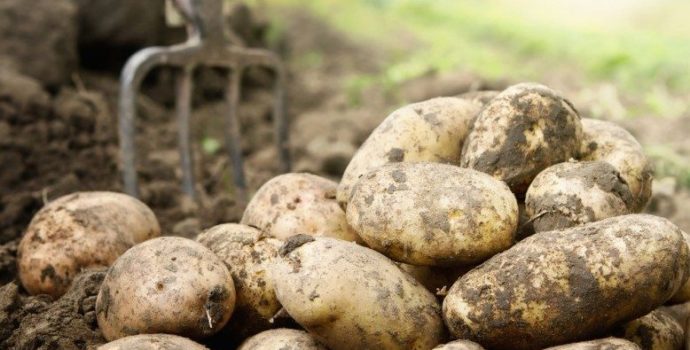Ireland Is a Global Leader in Sustainable Food Production – IFA

Harold Kingston, IFA’s Environment Chairman has told delegates attending the international climate talks in Paris that Ireland’s global leadership position in carbon efficient food production provides opportunities for the sustainable development of the sector and the transfer of sustainability knowledge to other countries.
“Ireland is a world leader in sustainable food production. No other country in the world monitors, measures and manages carbon from farm to fork. Initiatives such as the IFA-led Smart Farming programme address the dual challenges of improving farm incomes while reducing environmental impacts. In addition farmers participate in carbon audits, with more than 70,000 farmers measuring carbon in programmes such as the Bord Bia’s Quality Beef Assurance programme. This is supported by a clear commitment from Government, with over €2billion of the rural development programme budget dedicated to climate and agri-environment programmes such as GLAS and TAMS.
“This commitment to environmental improvement by so many farmers is unique and cannot be seen anywhere else in the world. Yes, agriculture emissions are proportionately high in Ireland when compared to other counties. However, agriculture is a major part of the Irish economy, unlike other countries such as German where a larger industrial and manufacturing sector masks their agriculture emissions. But emissions from agriculture in Ireland continue to fall, declining by 9% since 1990, while gasses from other sectors such as transport continue to spiral out of control.
“Ireland has a good agri-food message to be heard. Emissions from the sector have stabilised and are declining, with emissions from sectors such as dairy and beef being amongst the lowest in the world. Addressing the climate challenge requires a global response. This means supporting regions like Ireland, which are emission efficient at producing food, at a time of increasing demand for the food types that Irish farmers produce. This, however, does not mean a free pass for agriculture. Farmers are innovative and responsive to new carbon efficient technologies and techniques, and continue to support environmentally sustainable schemes. For example, the Green Low-carbon Agri-environment Scheme (GLAS) continues to be oversubscribed.
“IFA continues to work with the Department of Energy on the development of a national bioenergy and renewables plan. Increasing forestry plantation is important where it makes economic, environmental and social sense. Full recognition of the carbon sinks in forestry and grasslands must also take place.
“Each of these measures will support Ireland to achieve its greenhouse gas emission reduction obligations.”




